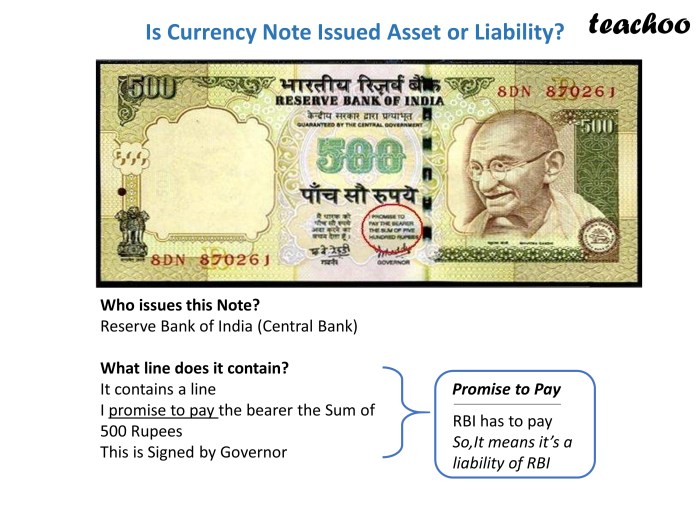The question of who is responsible for issuing an indictment lies at the heart of this intricate legal process, a topic that demands our attention and invites us on an intellectual journey.
The authority to initiate criminal proceedings through indictments is vested in specific entities, and understanding their roles is crucial. The grand jury plays a significant part, and judicial review ensures the integrity of the process. As we delve into the complexities of this topic, we will unravel the legal framework, explore prosecutorial authority, examine grand jury involvement, and analyze judicial oversight.
Legal Framework: Who Is Responsible For Issuing An Indictment

The legal basis for issuing indictments is established within the criminal justice system. An indictment is a formal accusation that initiates criminal proceedings against an individual or entity, outlining the charges and alleging the commission of a crime. The authority to issue indictments is typically vested in prosecutorial entities, such as district attorneys or state attorneys general, who represent the government in criminal cases.
In some jurisdictions, the indictment process involves the participation of a grand jury, which is a body of citizens who review the evidence presented by the prosecution and determine whether there is sufficient cause to believe that a crime has been committed.
The grand jury’s decision to issue an indictment is based on a preponderance of the evidence, meaning that there is more evidence supporting the charges than refuting them.
Once an indictment is issued, it is subject to judicial review by a judge or magistrate. The judge will assess the indictment’s validity, ensuring that it meets the legal requirements and that there is probable cause to support the charges.
If the indictment is deemed sufficient, it will be filed with the court and the criminal proceedings will commence.
Prosecutorial Authority

The authority to initiate and pursue criminal charges through indictments is typically vested in prosecutorial entities, such as district attorneys or state attorneys general. These entities represent the government in criminal cases and have the responsibility to investigate alleged crimes, gather evidence, and present cases before the court.
In some jurisdictions, the prosecutor’s office has the sole authority to issue indictments. In other jurisdictions, the prosecutor may present evidence to a grand jury, which then decides whether to issue an indictment. Regardless of the specific process, the prosecutor plays a crucial role in determining whether an individual or entity will face criminal charges.
Grand Jury Involvement

In some jurisdictions, the indictment process involves the participation of a grand jury. A grand jury is a body of citizens who are selected to review evidence presented by the prosecution and determine whether there is sufficient cause to believe that a crime has been committed.
The grand jury process is typically conducted in secret, and the proceedings are not open to the public. The prosecutor presents evidence to the grand jury, including witness testimony, physical evidence, and expert testimony. The grand jury then deliberates in private and votes on whether to issue an indictment.
An indictment requires a majority vote of the grand jury, typically 12 out of 23 members. If the grand jury votes to issue an indictment, it is then filed with the court and the criminal proceedings commence.
Judicial Review
Once an indictment is issued, it is subject to judicial review by a judge or magistrate. The judge will assess the indictment’s validity, ensuring that it meets the legal requirements and that there is probable cause to support the charges.
The judge will review the indictment to ensure that it is properly drafted, that the charges are supported by the evidence, and that the defendant’s rights have not been violated. The judge may also hold a hearing to determine whether there is probable cause to believe that the defendant committed the crime.
If the judge finds that the indictment is valid and that there is probable cause, the indictment will be filed with the court and the criminal proceedings will commence. If the judge finds that the indictment is invalid or that there is not probable cause, the indictment will be dismissed.
Defense Considerations

Defendants facing indictments have certain rights and options available to them. One of the most important rights is the right to an attorney. An attorney can help the defendant understand the charges against them, advise them on their rights, and represent them in court.
Defendants can also file a motion to dismiss the indictment. This motion can be based on a variety of grounds, such as lack of probable cause, violation of the defendant’s rights, or defects in the indictment itself.
If the motion to dismiss is denied, the defendant can plead guilty or not guilty to the charges. If the defendant pleads guilty, the court will proceed to sentencing. If the defendant pleads not guilty, the case will go to trial.
Key Questions Answered
Who has the authority to issue an indictment?
Prosecutors, acting on behalf of the state or federal government, have the authority to initiate criminal proceedings by issuing indictments.
What is the role of the grand jury in the indictment process?
The grand jury reviews evidence presented by the prosecution and determines whether there is probable cause to believe that a crime has been committed, resulting in an indictment.
Can indictments be challenged?
Yes, defendants have the right to challenge indictments on various grounds, such as lack of probable cause or prosecutorial misconduct.